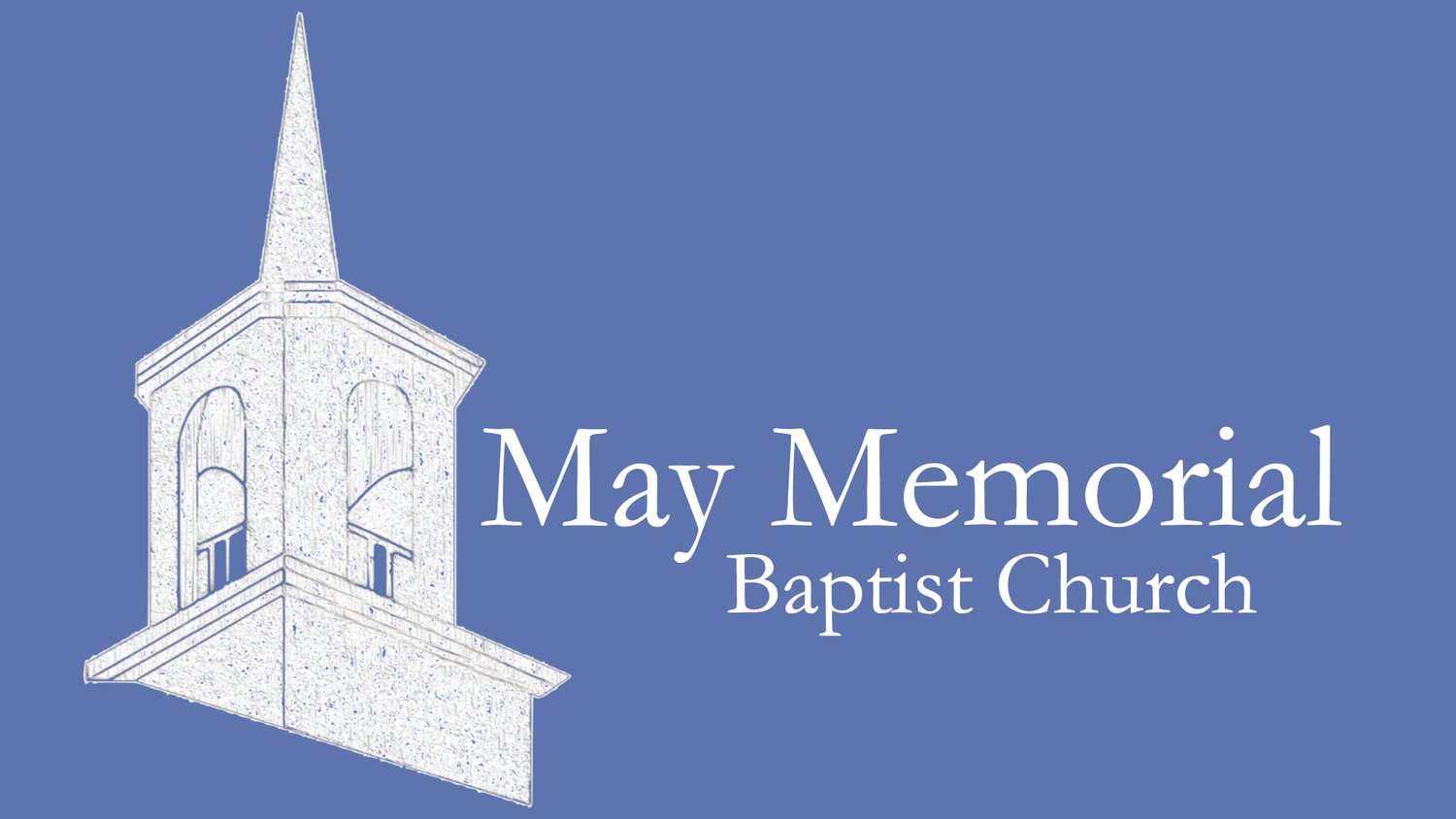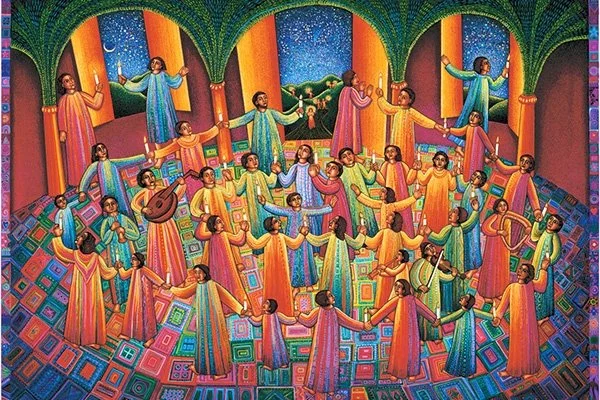An Ancient and Universal Prayer…
This coming Sunday is World Communion Sunday, and we (I) will do something at May Memorial that we’ve never done before.
World Communion Sunday is celebrated by many Christian denominations, and it is always the first Sunday in October. The idea of World Communion Sunday started at Shadyside Presbyterian Church in Pittsburgh, but it did not gain momentum until after World War II. After God’s people saw how the world was harmed and torn apart with war, they recognized the importance of demonstrating, at Christ’s Table, that all of God’s people are one, that we share “one faith, one hope, and one baptism.”
In worship at May Memorial this Sunday we will include The Great Thanksgiving in worship. Across time and space, the words of The Great Thanksgiving have been spoken, sung, and chanted by Christians as they come to the Lord’s Table. These words unite us as Christians to our sisters and brothers across time and geographical boundaries. These words go back to the early church, and the early church based them on the words spoken by God’s Jewish people when celebrating the passover. And these words follow the pattern of the words at Passover, in that they do three things.
First, they thank God for creation, providence, for God’s covenantal loyalty (hesed), for seasonal blessings, and for all of God’s good works.
Second, they remember God’s acts of salvation, most notably in Jesus Christ: his birth, life, death, resurrection, and promised coming.
Third, they call upon the Holy Spirit to draw people to the feast, that they may be redeemed, saved, and strengthened by the risen Christ.
Scripture makes up a large portion of The Great Thanksgiving. You will recognize words from Isaiah, “Holy, Holy, Holy…” and words from Jesus’ triumphal entry into Jerusalem “Hosanna! Blessed is the One who comes in the name of the Lord!” Many of the words will be spoken, but some this Sunday will also be sung.
This Sunday we will join with Christians around the world at the Lord’s Table, and we will be using a practice and tradition that is as old as our faith. In a culture that sees little or no value in maintaining important practices and traditions, this is a statement that the traditions of the Church are important and enliven God’s people today.

